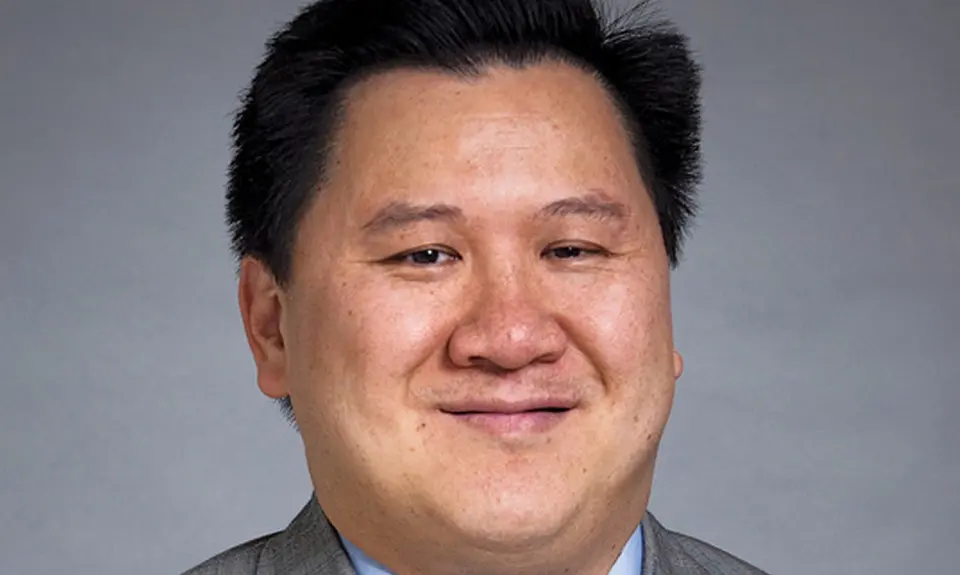“Confirmed Judges, Confirmed Fears” is a blog series documenting the harmful impact of President Trump’s judges on Americans’ rights and liberties.
Not only did Trump Fifth Circuit Judge James Ho recently cast the deciding vote in an important discovery dispute in an abortion-related case, but he also went out of his way to write a concurring opinion that explicitly criticized abortion, implicitly went after Roe v. Wade, and accused a respected Republican senior district judge of anti-religious bias with no basis.
The case, Whole Woman’s Health v. Smith, concerns a challenge to a Texas regulation and law that require abortion clinics to bury fetal remains, which the plaintiff clinics explain will substantially burden women’s access to abortion unless a third party fully bears those costs. The lower court agreed and issued a preliminary injunction against the requirement, with a prompt trial scheduled for July.
One of the important issues in the case concerns the offer of the Texas Conference of Catholic Bishops (TCCB) to pay such costs, in connection with the clinics sought to review communications between TCCB and the state and other documents and emails via routine pre-trial discovery. TCCB objected to producing some materials because it claimed they concerned internal religious issues and other materials protected by the First Amendment, but after a confidential review of the documents (which TCCB suggested), both a magistrate and the district judge concluded that the materials “have no religious focus” and “do not discuss church doctrine,” but instead concern facts about the burial issue. The court accordingly ordered the materials to be produced. TCCB nevertheless appealed the order requiring discovery.
In a decision that dissenting judge Gregg Costa called a “stark departure” from the norm, the majority of the panel agreed to review the discovery issue and quashed the discovery against TCCB. Judge Ho joined the majority opinion of conservative Judge Edith Jones, who claimed that the discovery violated TCCB’s rights under the First Amendment, the Religious Freedom Restoration Act (RFRA) and discovery rules. Judge Costa was highly critical, pointing out that the majority had not even reviewed the documents voluntarily produced by TCCP for confidential court review, which the lower court found did not raise First Amendment or religious issues. There was “no basis” for the majority opinion, Costa pointed out, since they did not even “look at” the documents at issue and fully consider the lower court’s decision.
In addition to joining the majority, however, Judge Ho went on to file a separate concurring opinion. The case, he claimed, shows “how far we have strayed” from what he called the “text and original understanding” of the Constitution. TCCB had the right to express their views about what Ho called the “moral tragedy” of abortion, he stated. Nothing in the Constitution’s “text or original understanding,” he asserted, conflicted with the Texas law, despite the preliminary injunction ruling (which was not overturned) that it created a substantial burden on protected abortion rights under Roe and Casey. Ho also asserted that the discovery and the expedited schedule ordered by the district court were in fact an attempt to “retaliate against people of faith” and joined similar criticism in Jones’ opinion. Judge Costa was extremely critical of these “troubling” comments, pointing out that the claims about the motives of the plaintiffs and the trial judge were “pure conjecture.”
Further criticism of Ho has come from legal commentator Mark Joseph Stern. Ho’s concurrence, Stern points out, places Roe v. Wade “squarely in his crosshairs.” And Ho’s “astonishing” attack on the trial judge was an attempt to malign him as an “anti-Catholic bigot” with “nonexistent” evidence of religious animosity. As Stern explained, the district judge was a Reagan appointee based in Hawaii who has had a record of “lengthy and impeccable service” and was specifically asked by Chief Justice Roberts to serve temporarily in Texas to ease a judicial shortage. But to Ho, Stern wrote, “any judge who does not bend over backward to accommodate religion is a bigot.”
